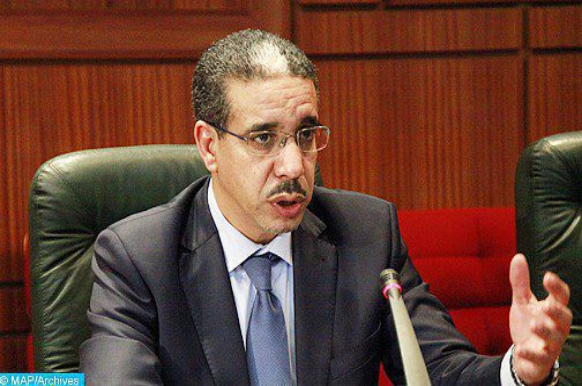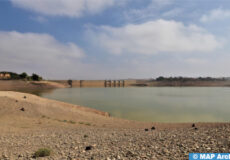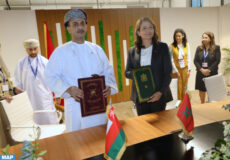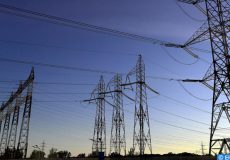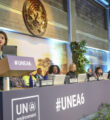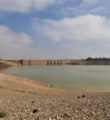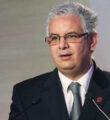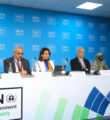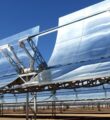Energy Minister Emphasizes Role of Investments in Fuel Sector to Ensure Morocco’s Energy Security
Rabat – Minister of Energy, Mining and Environment, Aziz Rabbah, on Monday in Rabat, stressed the role of investments in the fuel sector to ensure the Kingdom’s energy security.
Speaking at the meeting of the Committee on Infrastructure, Energy, Mining and the Environment in the House of Representatives on “The impact of the sharp fall in crude oil prices on the international markets and in early 2020 on the prices of energy products in the domestic market and the measures adopted with regard to the storage and supply of fuels and gas”, Rabbah reported that the fuel sector, as a result of the COVID-19 health crisis, is experiencing a global supply increase of about 10 million barrels per day, resulting in a 30% increase in global reserves since the start of confinement in the various countries of the world.
These multiple factors have led to a significant drop in the price of Brent crude since the end of December 2019, due to abundant supply, lack of demand and the replenishment of reserve stocks, said the minister cited in a statement by his Department.
In this regard, he pointed out that fuel consumption at the national level has experienced an estimated annual growth rate of 3% over the last decade to reach 11.31 million tons by the end of 2019, noting that the Kingdom is one of the largest consumers of butane gas at the individual level in the world.
Rabbah also highlighted the specificities of the national fuel market, marked by the diversity of sources and places of importation as well as storage warehouses at the ports of importation throughout the national territory, in addition to the multiplicity of actors in the sector, thus contributing to increase the national storage capacities, which amounted to 2.09 million m3, 91% of which are linked to the ports.
He stressed that enormous investments had been made, particularly in terms of improving national storage as well as distribution capacities, and encouraging the private sector, since private companies had been given the right to import this material in order to have strategic stocks in various regions of the Kingdom, in addition to updating the legislative and legal texts to support and regulate the sector, noting that these measures had enabled the Kingdom to achieve energy security capable of ensuring the supply of petroleum products.
In this regard, storage capacities have been achieved with a capacity of 206,000 m3 , requiring an investment of about 415 million dirhams during 2017-2019, and projects have been programmed to set up storage warehouses for petroleum products with a total capacity of 992,000 m3 , for about 3,164 million dirhams during 2017-2022.
The reduction in traffic and the slowdown in industrial activity since the entry into force of the state of health emergency on March 20, 2020 have had a significant impact on the activity of fuel distribution companies, marked by a sharp drop in fuel sales, estimated at 70% in some regions, and a drop in sales of fuel oil and aircraft fuel following the stoppage of air traffic.



